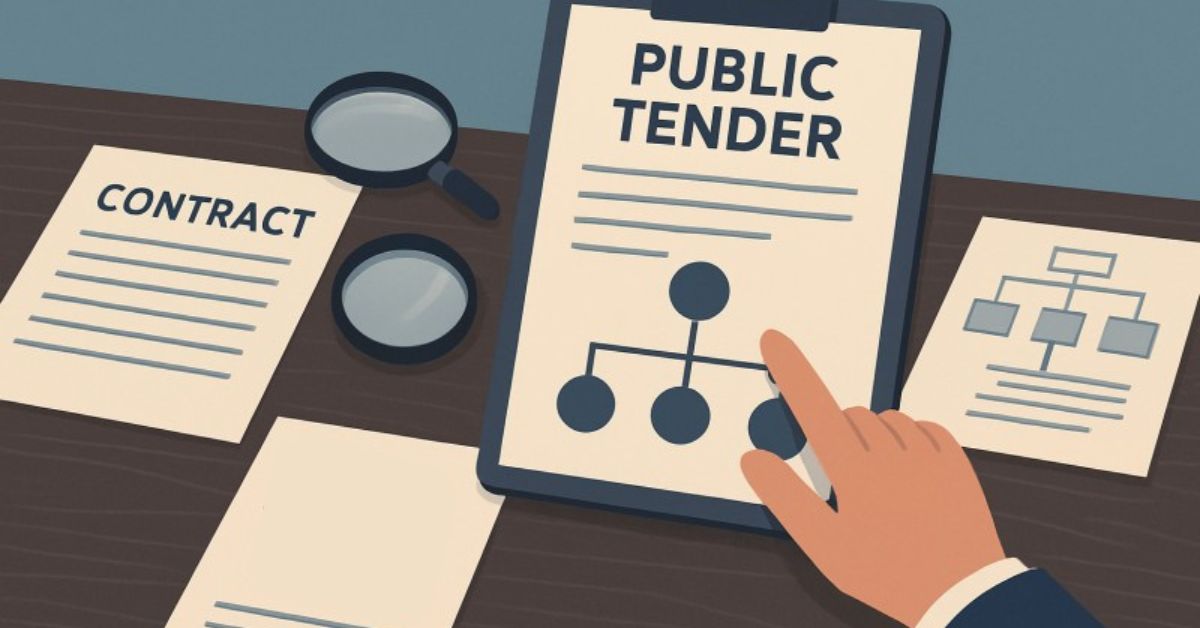Public tenders often require a wide range of expertise, financial capacity, and proven experience. Many companies join forces in consortia to increase their chances of winning. But not every partnership is a good fit. Choosing the right consortium partner can make the difference between a winning bid and a missed opportunity.
Below are the key criteria to consider when evaluating potential partners:
- Good relation with the customer: Ideally, your partner already has a trusted relationship with the contracting authority. Previous project references with the same buyer are especially valuable, as they demonstrate proven credibility.
- Price flexibility: This matters most in tenders for commodities, where multiple bidders offer very similar products. A partner who can adapt pricing strategies helps you stay competitive. Example: In web development tenders, where many firms offer comparable services, price often becomes the key differentiator.
- Complementary capacity: Public buyers often require strict minimum thresholds. A partner who brings financial strength, relevant technologies, project references, or expert CVs can make the consortium eligible and more attractive.
- Capacity to write the technical proposal: Winning tenders requires more than ticking boxes. Look for a partner who not only has the skills but is also ready to invest effort and resources into proposal writing. This is especially crucial for complex or niche products and services.
- Capacity to execute the contract: Submitting a strong proposal is only half the challenge. A partner with proven manpower, technical skills, relevant references, and geographical coverage ensures you can deliver what you promise.
- Track record and reputation of successful collaborations: Trust is built over time. Partners you’ve successfully worked with before and who enjoy a solid reputation in the market reduce uncertainty and increase efficiency during both the bidding and delivery phases.
- Avoid direct competitors if possible: Partnering with a company that directly competes with you in core areas can create conflicts of interest and weaken your negotiating position. Where possible, aim for partners whose strengths complement yours instead of overlap.
Additional Criteria to Strengthen Your Selection
- Shared strategic interest: The partnership works best when all parties genuinely benefit, not just financially but also strategically (e.g., entering a new market, building references).
- Aligned work culture: A consortium is not just a legal arrangement, it’s a team effort. Compatibility in communication, decision-making style, and professional standards prevents friction later on.
- Clear division of roles: Successful bids usually result from clear responsibilities. Partners who accept defined roles, whether technical, financial, or administrative help avoid duplication and conflict.
- Commitment to compliance: Public procurement comes with strict legal, financial, and ethical rules. A reliable partner must be fully compliant with regulations and transparent in operations.
Conclusion
Finding the right consortium partner is about much more than filling gaps in capacity. It’s about creating a credible, competitive, and trustworthy team that can win tenders and deliver contracts. Evaluate potential partners against the criteria above, and you’ll increase both your chances of success and the quality of the collaboration.
Sign up for free and see how Hermix helps you Win more public tenders: https://hermix.com/sign-up/

